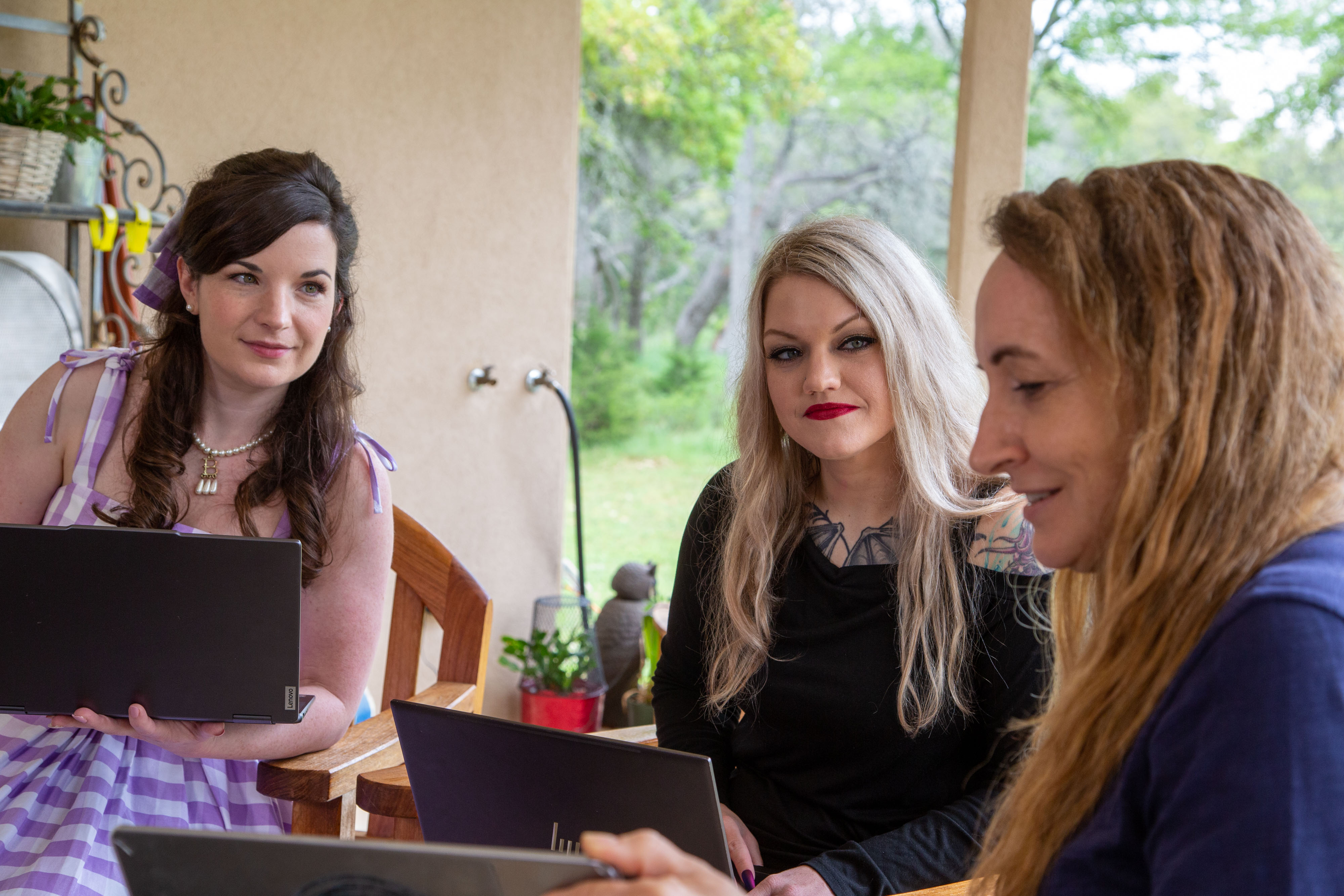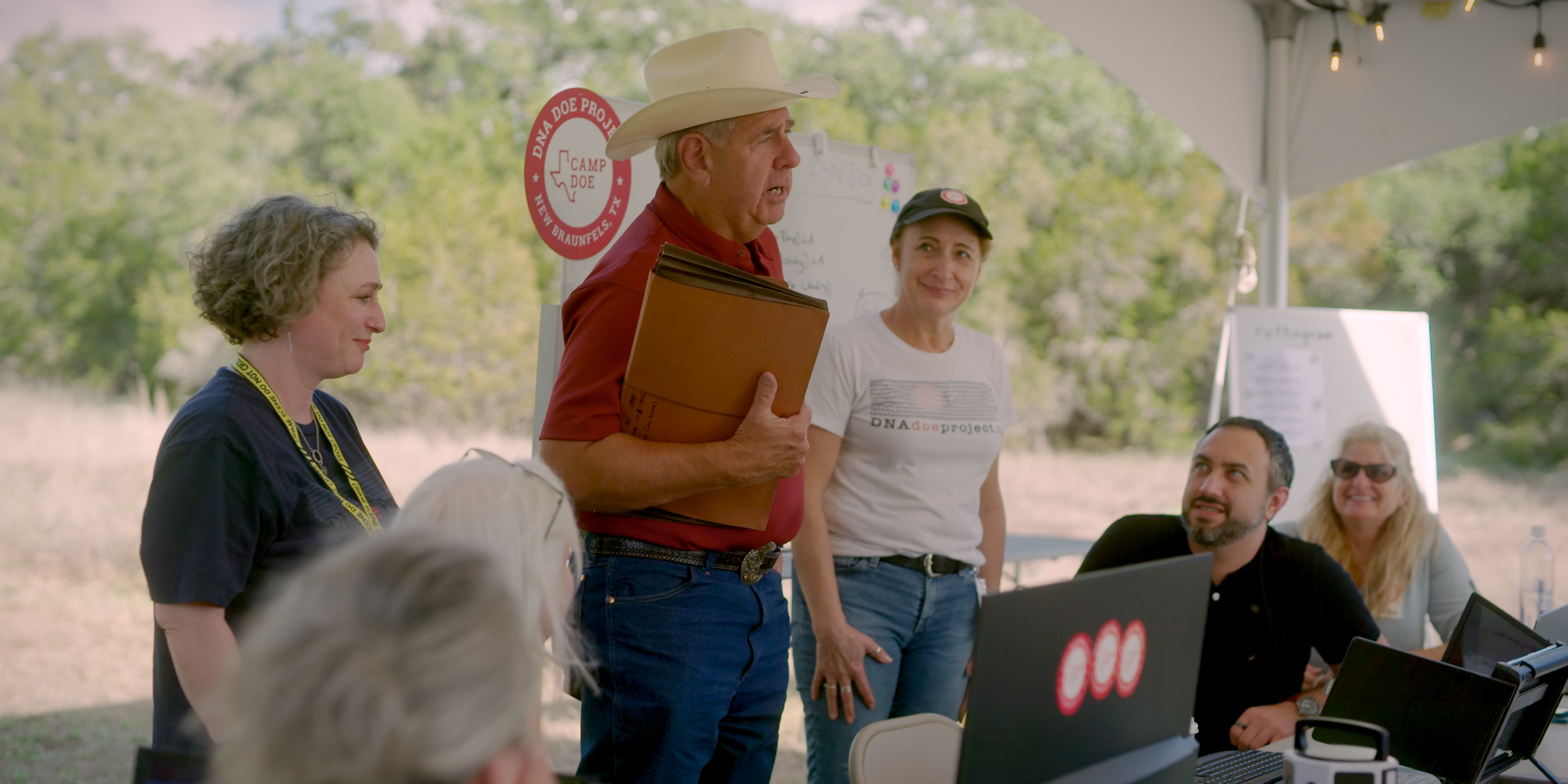DNA Doe Project helping crack cold cases of unidentified John and Jane Does
Published 5:27 am Saturday, August 2, 2025


More than 50,000 bodies remain unidentified — unmourned, unnamed, but not forgotten — across the country.
Jennifer Randolph plans to change that.
Randolph is the director of the nonprofit group DNA Doe Project, which uses genetic genealogy to help law enforcement crack the their most confounding cold cases of unidentified John and Jane Does. Their efforts have been documented in the new six-part investigative series “Naming The Dead,” which premieres today on National Geographic’s channel and streaming service.
Trending
Through distant DNA matches, historic census reports and sheer determination, the group of 80 volunteers aims to give these victims a name and a chance at justice.
“Genealogy sort of started out as a hobby for me. I have scientific training in terms of my occupation so getting into this specific area of applying genealogy to these kinds of cases really married that science background with my fascination with genealogy,” said Randolph, who has degrees in anthropology and epidemiology. “It ended up being a perfect melding of all my interests.”
Randolph said the DNA Doe Project accepts cases from law enforcement agencies or medical examiners when other identification methods have been exhausted. As part of the process, DNA is extracted from the remains and sequenced into a digital format that can be used for comparison to other living relatives. That sequence is then uploaded to databases such as GEDmatch and the search begins.
If matches are found, the project’s volunteers build family trees based on the shared DNA segments, tracing back to common ancestors then narrowing down the list of names until a potential match can be made. Once that match is identified, law enforcement verifies the identity through DNA samples from immediate family members.
Randolph said the process is a gripping testament to the power of identity and the people who refuse to let the lost be forgotten.
“Our mission really resonates with our volunteers, who are all genetic genealogists,” Randolph said. “I would say that many of our genealogists love, well, genealogy of course, but also puzzles and mysteries because you’re trying to solve this logic puzzle in a way. I think that kind of challenge is very attractive to them. There’s also the ability to restore names to these individuals, give them their dignity back and provide answers to their families, as well.”
Trending
Randolph said her team does not pick and choose their cases.
“We’ve been fortunate enough that we have been able to mostly take on any case that comes to us, although with the greater popularity of this technique, the more and more agencies that see how successful it is, our funding has now been outstripped by demand,” Randolph told the American Press through Zoom. “Sometimes agencies have to wait awhile until we have adequate funds to work their case going through the lab.”
DNA Doe Project is a nonprofit humanitarian organization that is funded by donations.
“The more funding we get, the more cases we can take on,” Randolph said. “We’re really hoping this show will be an opportunity to showcase our work and maybe an interest among people who might be donors.”
Randolph said some cases have been solved within an hour or two and others have taken as long as five years.
“For the family of the Doe that we’re identifying, that’s going to be the most important case we ever do,” she said. “We care about every case. We give 100 percent effort, but there are some cases where we might have some sort of personal connection — whether it be geography or life circumstance — that really resonate with us because we feel we can identify with them.
“For me, the cases that stick with me the most are those cases when we identify someone — usually a female — and we find out that they had children who grew up thinking their mom abandoned them because they did not care only to discover that they were not abandoned and in fact their mother was taken away from them,” she said. “I just imagine that it is so difficult to put your head around this idea that your mom left and then to suddenly realize no that’s not what happened and have to readjust everything. I really feel for those kids, even as adults.”
Randolph said the DNA Doe Project has helped solve one Louisiana case so far and two cases are going to be “up and coming.”
If people want to help, Randolph said they can take direct-to-consumer tests like AncestryDNA and 23andMe, download their profile and then upload it to databases the DNA Doe Project is allowed to use — GEDMatch, FamilyTreeDNA and DNA Justice.
“These are very personal decisions so people should always read the terms of service and understand how their information is going to be used before they make this decision, but if they are willing that can definitely help us,” she said. “They might be that match that we’re waiting for to blow a case open.”
Randolph said it’s the families of the unidentified individuals who fuel her passion.
“I just imagine what it must be like in their shoes,” she said. “Many of them are going decades without knowing. It’s this ambiguous loss; they don’t know if their loved one is still living, if they passed away, do they just not care to maintain a relationship. It’s a very difficult position to be in and your mind can go in a million different directions.”
Randolph said while her team cannot give families the answers they hope for because the organization deals with those who are deceased, they can offer them a resolution.
“I won’t say closure because I don’t think it’s that, but it is a resolution so that they can truly process their loss because now they understand what it is and they can grieve appropriately,” she said. “In many cases, the remains can be returned so they can bury their loved one as they would want to. It’s not the news they want, but at least it’s something. These individuals who are identified mattered, they deserve to not just disappear. We want their names recorded and their lives recorded.”







